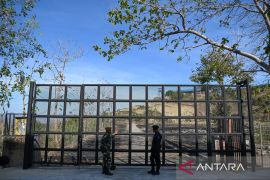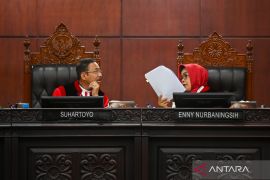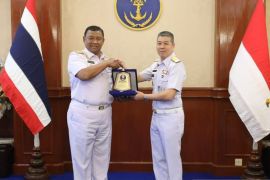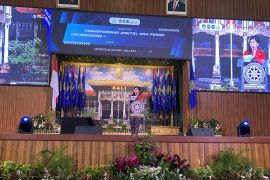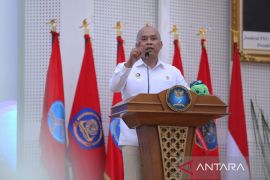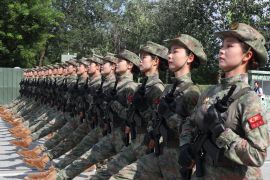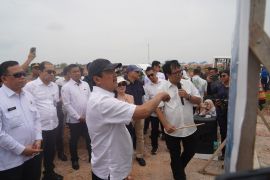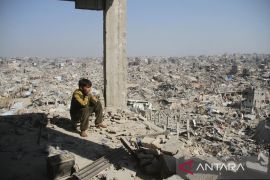The chief of the National Disaster Mitigation Agency (BNPB), Willem Rampangilei, who led the delegation, said the meeting must focus intensively on efforts to prevent humanitarian crisis since the cost of crisis management, handling and settlement is too expensive and takes a lot of time.
On this occasion, Indonesia also conveyed its five key commitments to support humanitarian actions at various levels.
The first commitment is towards strengthening the countrys role in preserving international peace and security.
The second is to implement the "Sendai Cooperation Framework to Mitigate Disaster Risks for 2015-2030" through integrating disaster and risk reduction in the national and regional development plans.
Indonesia will also continue to advance the cause of gender equality and empowerment of women and is also committed to enhance cooperation in dealing with irregular migration, especially through the Bali Process.
The fifth commitment is to increase the local capacity to overcome disasters and humanitarian crisis.
Willem Rampangilei also conveyed a joint statement by the ASEAN which emphasized its centrality and leadership in handling disasters in the region and at international levels by implementing the "ASEAN Agreement on Disaster Management and Emergency Response."
"ASEAN makes use of this opportunity in the World Humanitarian Summit to present its achievements in the disaster handling and its view to form a global order for humanitarian action," Willem stated.
The participation of ASEAN in the World Humanitarian Summit is important as it will help the regional grouping in determining the direction of strategic policies in the field of disaster mitigation at a global level.
The chief of the Indonesian delegation also actively participated as a panelist in an event, "ASEAN-UN Partnership - Moving Forward," held on the sidelines of the summit.
Willem pointed out that Indonesia has been playing its due role and making contribution to efforts to prevent and handle crises and their aftermath, including in cases of conflicts, natural disasters and migration.(*)
Editor: Heru Purwanto
Copyright © ANTARA 2016
